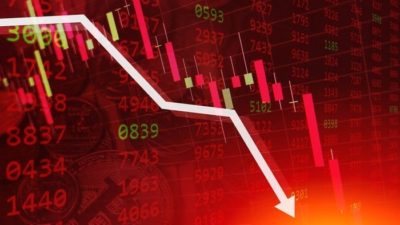This article was originally published on Fool.com. All figures quoted in US dollars unless otherwise stated.
What happened
Although it wasn't exactly a steep decline, Amazon's (NASDAQ: AMZN) stock took a bit of a fall on Thursday. The retailing giant's shares declined to close the day 0.6% lower, while the S&P 500 index as a whole rose by 0.4%. The drop was linked to potential new struggles in labor relations.
So what
On Thursday, Reuters reported that the Securities and Exchange Commission (SEC) rejected an Amazon request to scotch a proposed shareholder vote on an audit of working conditions at its facilities. That proposal was put forward by a man named Thomas Dadashi Tazehozi.
Tazehozi is an investor in Tulipshare, a London-based activist investment collective that aims to "promote ethical change" at companies, according to its website.
Citing the official response letter sent by the SEC to Amazon, the regulator stated, "In our view, the Tazehozi Proposal transcends ordinary business matters."
Amazon has not yet officially commented on this development. Its upcoming annual general shareholders meeting, at which the vote will be conducted, is scheduled for May 25.
The news comes on the heels of a major victory for Amazon's workforce. Last week, workers at a company warehouse on Staten Island in New York City voted to form the retail giant's first U.S. union. On Wednesday, President Joe Biden expressed support for those workers and potential union creators, saying: "By the way, Amazon, here we come. Watch."
Not surprisingly, Amazon filed a formal objection to the vote, alleging that the union used threats to win support for its cause.
Now what
For some time, members of the general public have decried what they consider to be unfair labor practices of big companies like Amazon. These concerns are obviously gaining traction, and they're landing with investors, too. It might just be time for the Amazons of this world to rethink their labor strategies, particularly considering that labor in certain markets is becoming scarce.
This article was originally published on Fool.com. All figures quoted in US dollars unless otherwise stated.









